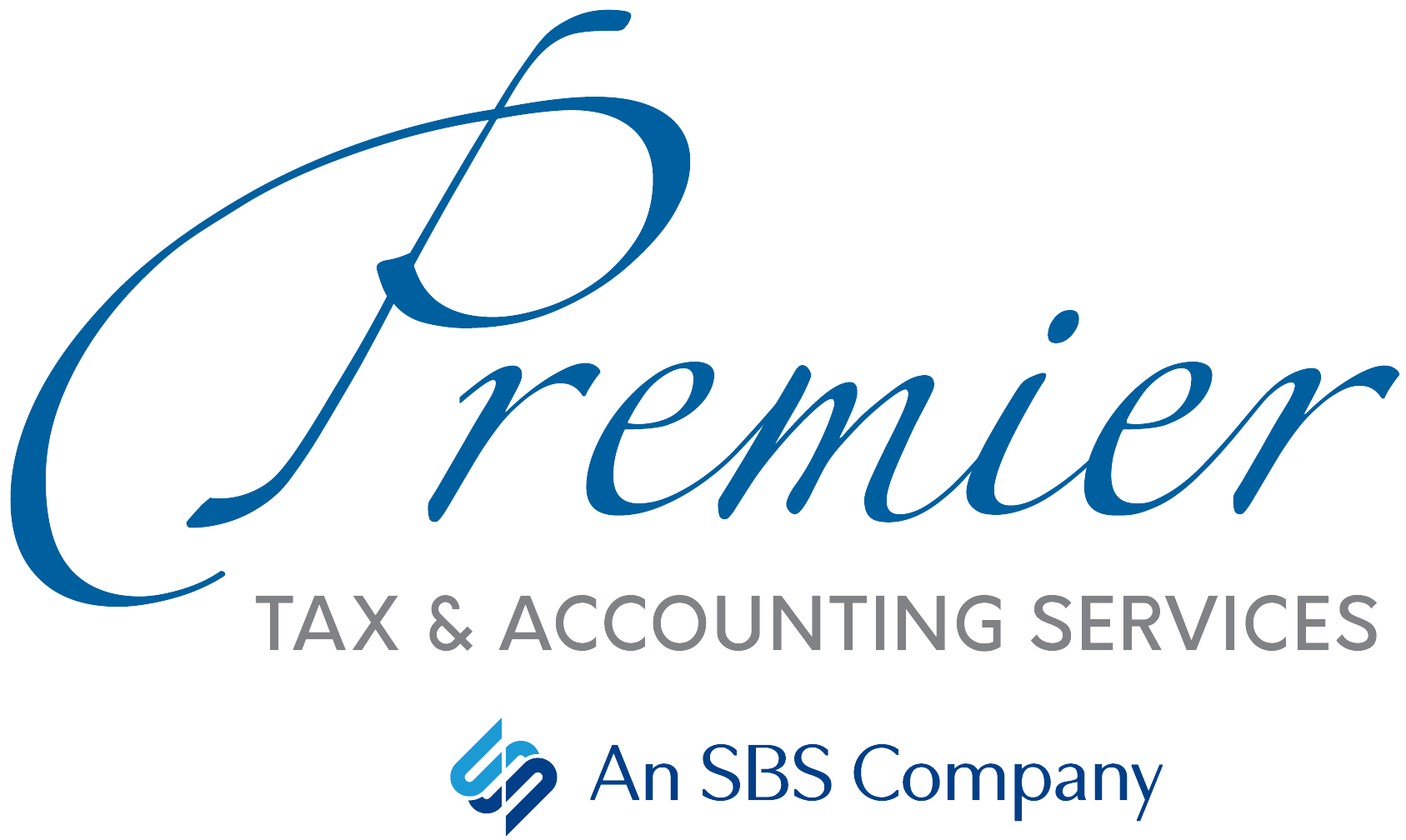If you are retired now or planning on retiring soon, you’ll need to determine if any of your Social Security benefits will be taxed. It’s an important part of figuring your income and expenses during this time of your life.
Since 1984, Social Security beneficiaries with total incomes exceeding certain thresholds have been required to pay federal income tax on some of their benefit income. And because those income thresholds have remained unchanged while wages have increased, the proportion of beneficiaries who pay income tax has risen over time. On average, more than half of beneficiaries typically owe federal income tax on part of their Social Security benefits.
Will You Have to Pay?
Here’s how to determine if your Social Security benefits are taxable:
Add one-half of your (and your spouse’s, if married) Social Security income to all your other income, including pensions, wages, interest, dividends and capital gains.
- If you’re single and your total added-up income equals more than $25,000, then part of your Social Security benefits may be taxable.
- If you’re married filing jointly and your total income equals more than $32,000, then part of your Social Security benefits may be taxable.
Up to 50% of your benefits may be taxable if you are:
- Filing single, head of household, or qualifying widow or widower with $25,000 to $34,000 income.
- Married filing separately and lived apart from your spouse with $25,000 to $34,000 income.
- Married filing jointly with $32,000 to $44,000 income.
Up to 85% of your benefits may be taxable if you are:
- Filing single, head of household, or qualifying widow or widower with more than $34,000 income.
- Married filing jointly with more than $44,000 income.
- Married filing separately and lived apart from your spouse with more than $34,000 income.
- Married filing separately and lived with your spouse at any time during the past year.
If you’re like most, a certain percentage of your monthly retirement, survivor and/or disability benefits is potentially taxable, depending on your income and filing status. Of course, there are a lot of other factors that go into figuring your income (and expenses) during retirement. And all of that information can help you figure out the best time for you to retire.
We’re here to help you make those important calculations — and ensure they’re correct — so you can enjoy your retirement without worrying about how to pay for it. Contact us when you’re ready.
Rollover Relief for RMDs
If you already took a Required Minimum Distribution (RMD) this year from certain types of retirement accounts, you can roll those funds back into your retirement account, thanks to the CARES Act. The 60-day RMD rollover period has been extended to August 31, 2020.
In addition to rollovers, this also applies if you are an IRA owner or beneficiary who has already received an RMD distribution this year. You can repay the distribution to the IRA by August 31, 2020. Further, this repayment is NOT subject to the one rollover per 12-month period limitation and the restriction on rollovers for inherited IRAs.
This relief applies if you had an RMD due in 2020 from a defined-contribution retirement plan, including a 401(k) or 403(b) plan, or an IRA. It also applies if you turned 70½ in 2019 and would have had to take your first RMD by April 1, 2020. Note that the waiver does NOT apply to defined-benefit plans.
If you have any questions about this RMD relief, please don’t hesitate to contact us.
MONEY BRIEF #1
The PPP loan deadline has been extended to August 8, 2020, after being signed by President Trump on Saturday. This 5-week extension re-opens the application window for the Paycheck Protection Program (PPP), keeping open a source of funding for struggling small businesses while Congress works on a second, more targeted funding program. The SBA had stopped accepting loan applications on June 30 before the extension was approved. As of June 30, the SBA had approved more than $520 billion in PPP funding, with approximately $129 billion in funds remaining available.
MONEY BRIEF #2
If you received an Economic Impact Payment, you should keep Notice 1444, Your Economic Impact Payment, with your tax records.
Notice 1444 provides details about the amount of your payment, how the payment was made and how to report any payment that wasn’t received. The IRS mailed this notice to your last known address within 15 days after sending the EIP. It’s especially important to keep this notice if you think your payment amount is wrong.
When you file your 2020 tax return, we’ll use your Notice 1444 to claim any additional credits, if you are eligible for them. Keep this notice on hand with your other important tax records, including W-2s, 1099s, and other income documents and records. Remember, you should be keeping copies of your past tax returns and supporting documents for at least three years.



